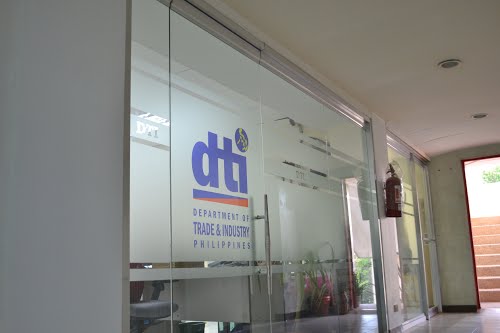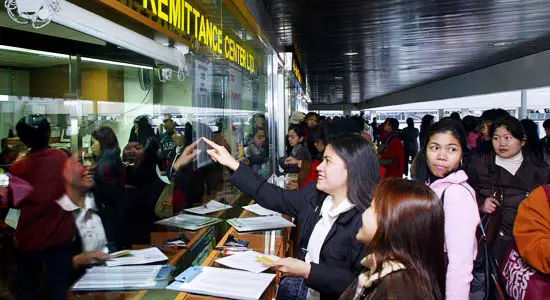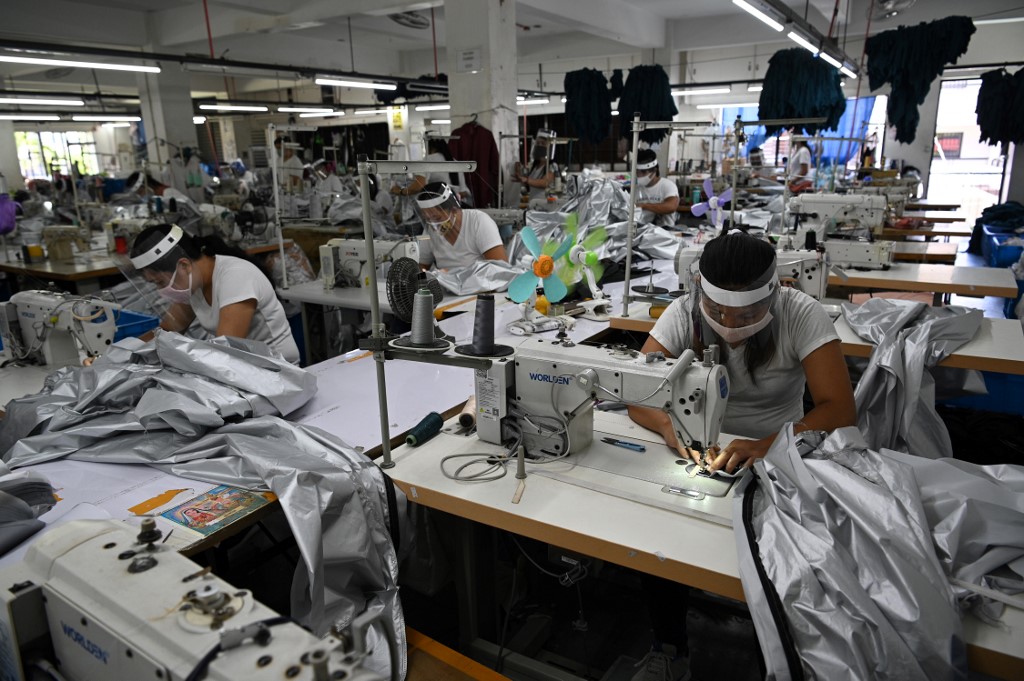Many Filipinos working abroad plan to set up a business, it’s meant to secure a long-term sustainable source of livelihood.
After all, money remittance is not guaranteed forever.
So when an overseas Filipino worker decides to enter a business to augment his or her income instead of relying on salary, it’s apparently a step in the right direction.
Obviously, success depends on the business plan and its sustainability, but such entrepreneurial spirit should be borne out of the realization that being an OFW is not forever and one day he or she will leave the job for good.
But there are also too many OFW business mistakes that one has to be careful in entering the world of entrepreneurship.
Citing opportunities back home, many OFWs attempt to invest in business directly or through partnerships while working abroad. While many of such initiatives have been proven successful, there are those that flounder and don’t survive the challenging early years of operation. This article aims to identify the common mistakes OFWs investing in a business in the Philippines make.
Table of Contents
They enter the business without prior knowledge about it.
Perhaps lured into pouring capital money into a promising venture by a trusted friend, the OFW has been promised quick returns for his or her money and makes the investment hastily without prior research.
Some of such partnerships may thrive but in many cases, it’s doomed to fail; the operative phrase in the previous sentence is “quick returns”. Whether it’s selling products such as ukay-ukay clothing or services such as car wash or wash and dry laundry, businesses almost always need time to get exposure in the marketplace, distinguish themselves from the competition, and have proven value to attract loyal customers.
Entering a business with a vague idea of how it works could be a recipe for failure; the business might be operating illegally, entering a saturated market, or not have adequate required skills locally to sustain its operation.
When an OFW, for instance, invests in a money lending business that turns out as unlicensed and unauthorized to impose such interest rates, it receives an order to cease operation. Or if a delinquent customer fails to settle his or her financial obligations, the OFW business mistakes fall squarely on the operator of an illegal business.
The OFW now fails to pursue legal means to chase the customer and the growth of the business is stalled, or worse fails to sustain its operations, leading to its ultimate failure and shuts down.
They fail to capitalize on and apply their knowledge and skills to the business.
Experience abroad can be a great tool to kickstart a business back home. For example, a baker abroad might want to open a pastry shop, or an engineer establishing a construction company. But some OFWs fail to apply their knowledge to bridge between their careers abroad and intended business as they instead embrace a wholly different industry.
Embarking in such a different industry won’t be a problem as long as item #1 above has been checked. The problem sometimes is that OFWs-turned-entrepreneurs manage their business in the Philippines remotely without really knowing how things work.
Sure, it’s possible for a baker working abroad to start a car repair and detailing shop or an engineer franchising on a Jollibee outlet, but it takes more than just capital money to make it work especially if the OFW remains employed abroad. Partnering with knowledgeable and trustworthy people is important to get the business moving in the right direction.
Otherwise, when problems arise — managing an army of staff on strike seeking pay rise or mechanical breakdown of machines — operations come to a halt and businesses tend to reverse their earlier gains without a proper solution in place.
They partner with people who are incompetent and/or inexperienced.
When a brother-in-law in the Philippines asks for funding to buy a tricycle unit to ferry passengers around town, an excited OFW may say “finally I can have a business while my relative gains a livelihood income”. The intentions are good but the outcome isn’t always what we desire.
When the tricycle unit breaks down or fuel rates increase, the brother-in-law seeks additional funding to buy spare parts or provide an additional lifeline to the livelihood. The same usual cycle of asking for money from someone abroad becomes a common scenario. So instead of creating a stable income, the relative abroad needs to continuously support the business in the Philippines without gaining anything but remittance receipts and wrinkles on the forehead.
When the wife asks for funding to set up a sari-sari store in the backyard, the husband has no qualms about sending seed capital. The problem is that the wife has no prior experience in managing a shop and no knowledge of accounting, inventory, and dealing with customers.
As a result, the capital money quickly vanishes as the wife decides to give up the business less than a year after the sari-sari store was established.
The scenarios above are some of the common reasons businesses OFWs abroad try to establish fail. Without their direct supervision or hands-on knowledge, the OFW is compelled to rely on the fate of the business to someone else. Coming home also doesn’t ensure the business will prosper without prior research and planning.

To address such problems, government agencies such as the Department of Trade and Industry‘s Negosyo Center and TESDA have programs to assist aspiring entrepreneurs in business. Whether gaining valuable business skills, connecting with suppliers and target markets, or acquiring funding for capital outlay, these agencies are tasked to provide such assistance whether OFWs or not.
As OFWs are aware earning money abroad is not an easy task, the same attitude of prudence should also apply when investing money into a new business venture.
Conclusion
OFWs deciding to enter businesses should be supported as prior experience at work may contribute little to their skill sets. Avoiding OFW business mistakes requires plenty of research, patience, calculated risk, and perseverance to earn success.









